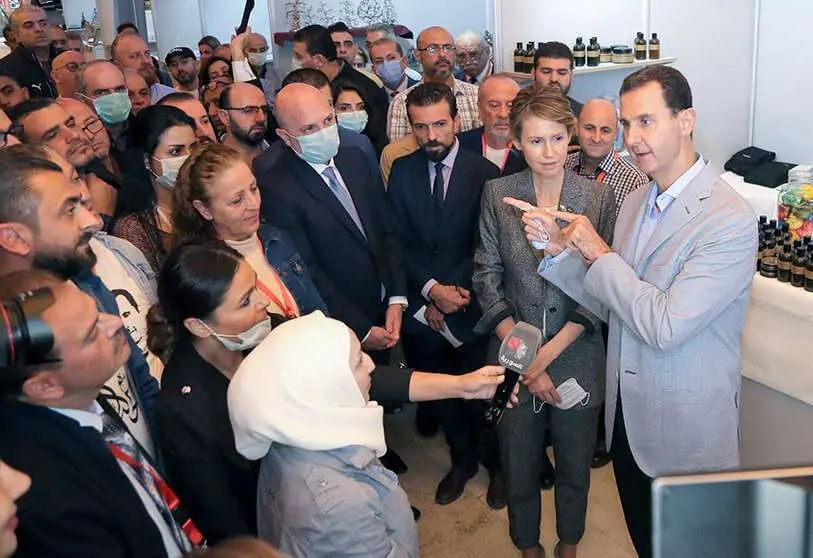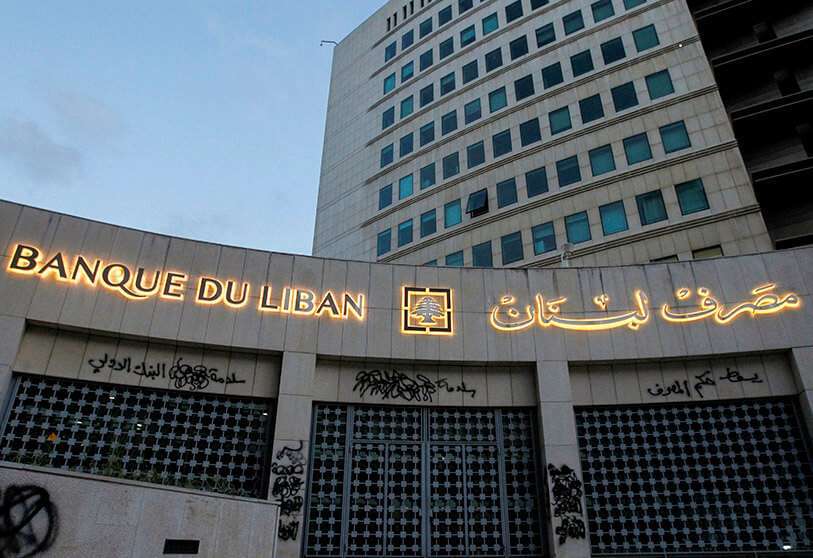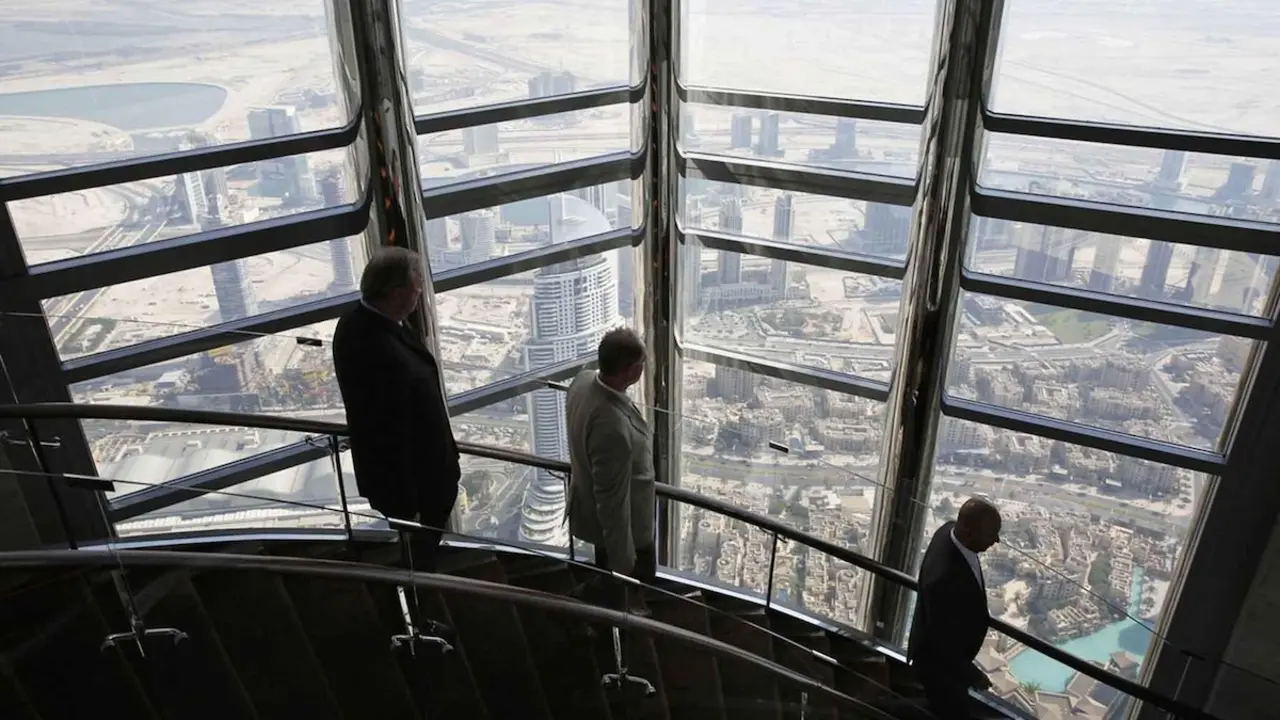Bashar al-Assad claims that billions of deposits of Syrian citizens are blocked in Lebanese banks

he severe economic crisis in which the country of the cedar is plunged, negatively affects the financial situation of the Syrian population. Lebanese banks, fearing capital flight and facing an acute currency crisis, have since last year imposed strict controls on withdrawals and money transfers abroad, causing outrage among citizens both at home and abroad because they cannot access their savings.
According to the Syrian head of state, "between $20 billion and $42 billion of Syrian deposits have been lost in this crisis sector, which previously had about $170 billion in foreign currency," Al-Assad's statements, collected by Reuters on Thursday, said.
Syrian businessmen say Lebanon's strict controls on withdrawals have blocked hundreds of millions of dollars previously used to import products such as oil or raw materials into Syria.
The rapid collapse of the Syrian currency since the beginning of the year has led to a general rise in prices. Tired of a decade of war, the population can no longer afford basic necessities such as fuel for heating as winter approaches. Last month, the Syrian government, faced with severe fuel shortages, was forced to raise the price of bread as wheat stocks were running out.

"This figure for an economy like Syria's is terrifying," said Bashar al-Assad. "It is a serious problem that nobody talks about," he added during a visit to a fair that was covered by the official media.
According to Syrian bankers and businessmen, many Syrian front companies have also long escaped Western sanctions by using the Lebanese banking system to import smuggled goods into Syria by land. These companies constitute a façade and are put on the black list of the American Treasury.
This time, however, the Syrian president does not blame US sanctions for his country's dramatic economic situation, notably the Caesar law, the latest of the extraterritorial sanctions imposed by the US last June on anyone doing business with the Damascus regime.








